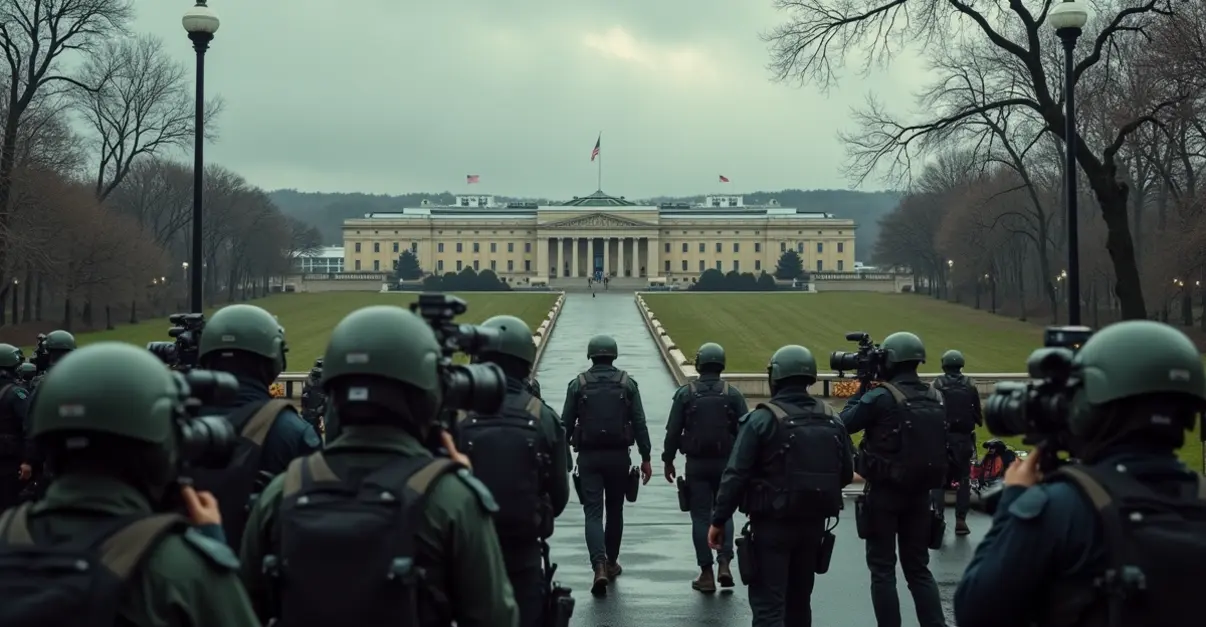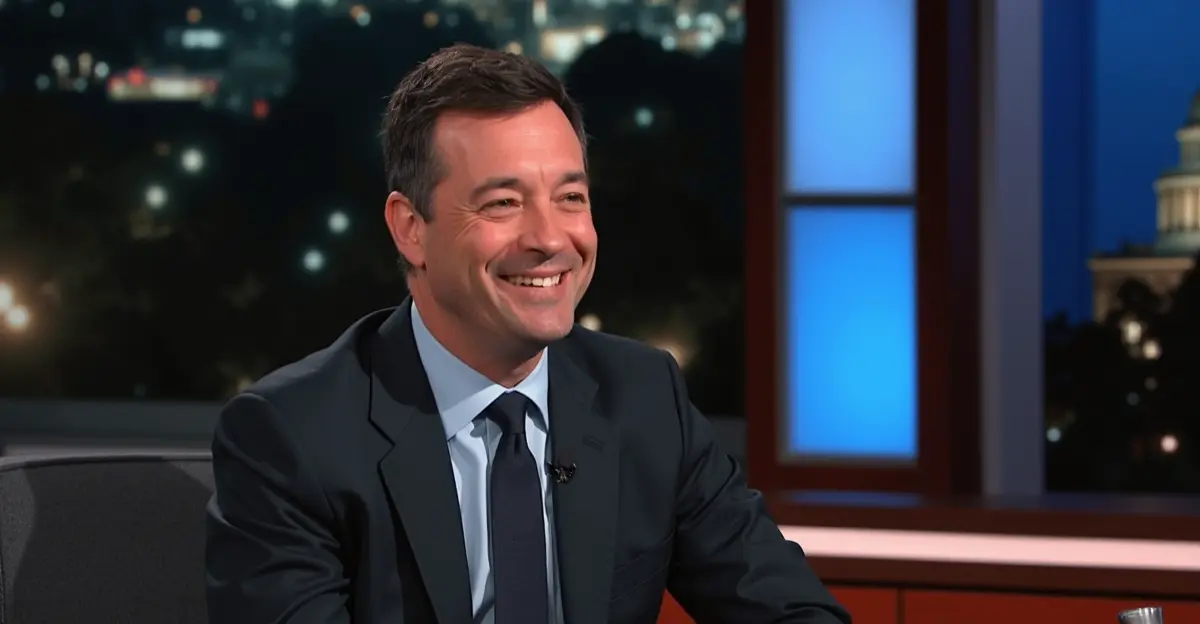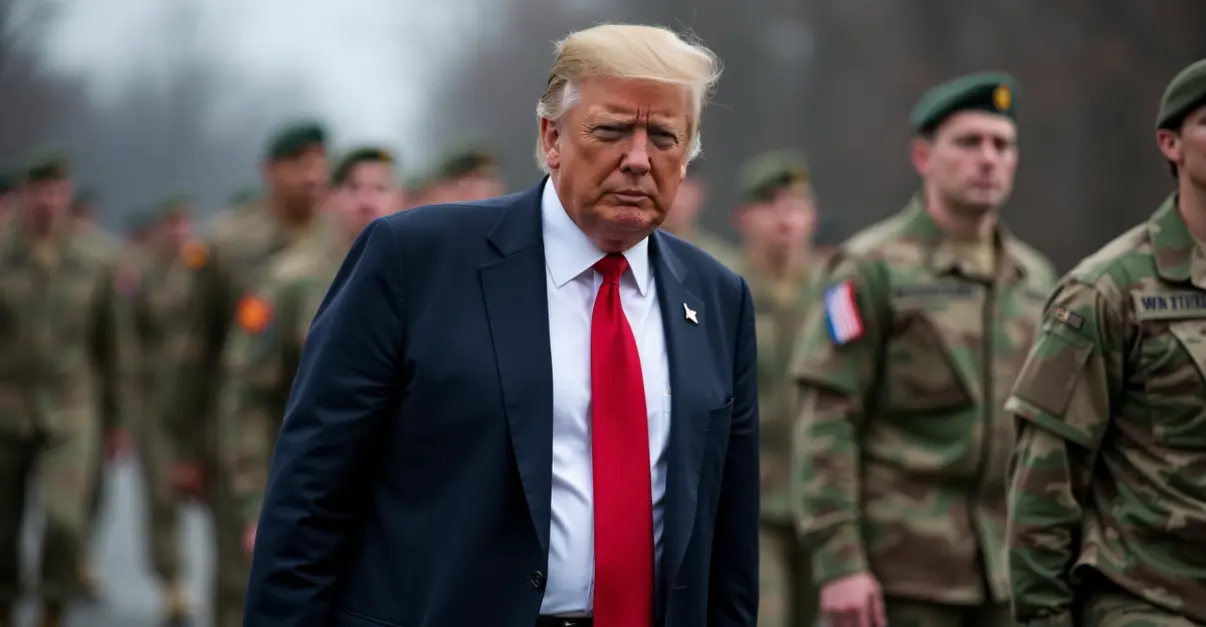Dozens of Pentagon journalists staged a mass exodus after refusing to sign new media restrictions that would limit reporting on unapproved information. Major outlets across political spectrum protested what they call unprecedented attack on press freedom.

Unprecedented Press Exodus at Pentagon
In a dramatic protest against what media organizations are calling an unprecedented attack on press freedom, dozens of Pentagon journalists have staged a mass exodus from the defense headquarters, turning in their press passes and vacating their offices rather than comply with new reporting restrictions imposed by Defense Secretary Pete Hegseth.
The normally bustling Pentagon press area fell unusually quiet as journalists from major news organizations including ABC, CNN, NBC, Reuters, Associated Press, The New York Times, The Washington Post, and even conservative outlets like Fox News and Newsmax packed up their equipment and left the building in a coordinated departure. The protest came after a 4pm deadline on Wednesday for journalists to sign new access agreements that would have restricted their ability to report information not officially released by the Department of Defense.
Controversial New Restrictions
The new policy, implemented by Defense Secretary Pete Hegseth, requires journalists to acknowledge they could be branded security risks and lose their credentials for reporting on information - even unclassified material - that hasn't been pre-approved by the Pentagon. "Geaccrediteerde media mogen geen misdaden uitlokken," Hegseth reasoned on social media platform X, adding that "Toegang tot het Pentagon is een privilege, geen recht."
American journalists expressed outrage at what they see as a severe restriction of press freedom. They argued the rules would make it impossible to report on misconduct or hold the military accountable, since even non-classified information would fall under the restrictions, allowing the Pentagon to block unfavorable coverage.
Unified Media Response
The media response was remarkably unified across the political spectrum. Not only did mainstream outlets like ABC, CNN, and NBC reject the new rules, but conservative media including Newsmax and Fox News - Hegseth's former employer - also refused to sign. Only One America News Network agreed to the terms, leaving it as the sole major media organization with continued access to the Pentagon.
The Pentagon Press Association, representing 101 members from 56 news outlets, issued a strong statement calling it "a dark day for press freedom" and expressing concern about "the United States' commitment to transparent government, public accountability of the Pentagon, and freedom of speech in general."
Protest and Aftermath
As the deadline approached, journalists chose to wait until the last moment and leave the building in a symbolic procession, many carrying moving boxes. The scene was captured in photographs showing the unusual exodus from the normally secure facility.
Pentagon spokesperson Sean Parnell defended the policy, stating "We stand behind our policy because it's best for our troops and the security of our country." He claimed the rules only require acknowledgment of understanding, not agreement, though journalists dispute this interpretation.
Despite losing building access, journalists vow to continue covering the Pentagon's $1 trillion budget and military operations from outside. Military Reporters and Editors called the restrictions "an unprecedented attack on the First Amendment," while President Trump supported the move, calling the press "very dishonest" and "disruptive to world peace."
This development represents the latest escalation in tensions between the Trump administration and the media, following years of conflict over press access and coverage. The mass departure of journalists from one of America's most important government institutions raises fundamental questions about transparency and accountability in military affairs.

 Nederlands
Nederlands
 English
English
 Deutsch
Deutsch
 Français
Français
 Español
Español
 Português
Português









